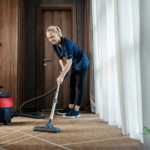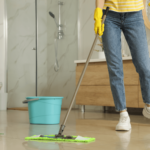Are you planning to move out of the rental property in NSW anytime soon? Then you should be mindful of the exit cleaning procedure. We often see landlords and tenants getting into arguments with exit cleaning. This is where you should be clear about tenant rights and landlord obligations. That understanding can keep you away from security deposit deductions. Let’s learn more about the legal implications of end of lease cleaning and see how to protect your rights.
Table of Contents
Understanding the Residential Tenancy Act
The Residential Tenancy Act SA outlines the responsibilities, duties, obligations, and rules that both landlords and tenants have to adhere to. It is applicable to property agents and property managers as well. The fair housing laws explained in this act define the minimum cleaning requirements you should fulfil when moving out. It also includes what you should do when there is property damage. Here are some of the clauses covered as per the Residential Tenancy Act.
- Removal of all visible dust, dirt, and debris
- Vacuuming rugs and carpets
- Cleaning all surfaces. This includes floors, ceilings, tiles, walls, and even appliances
- Washing the interiors and exteriors
- Sweeping the floors and mopping them
- Vacuuming rugs and carpets
According to the rental agreement clauses, you should pay attention to detail with these cleaning activities. Then you will not encounter any disputes during the move-out inspection. While avoiding legal disputes, you can get back your full bond deposit as well.
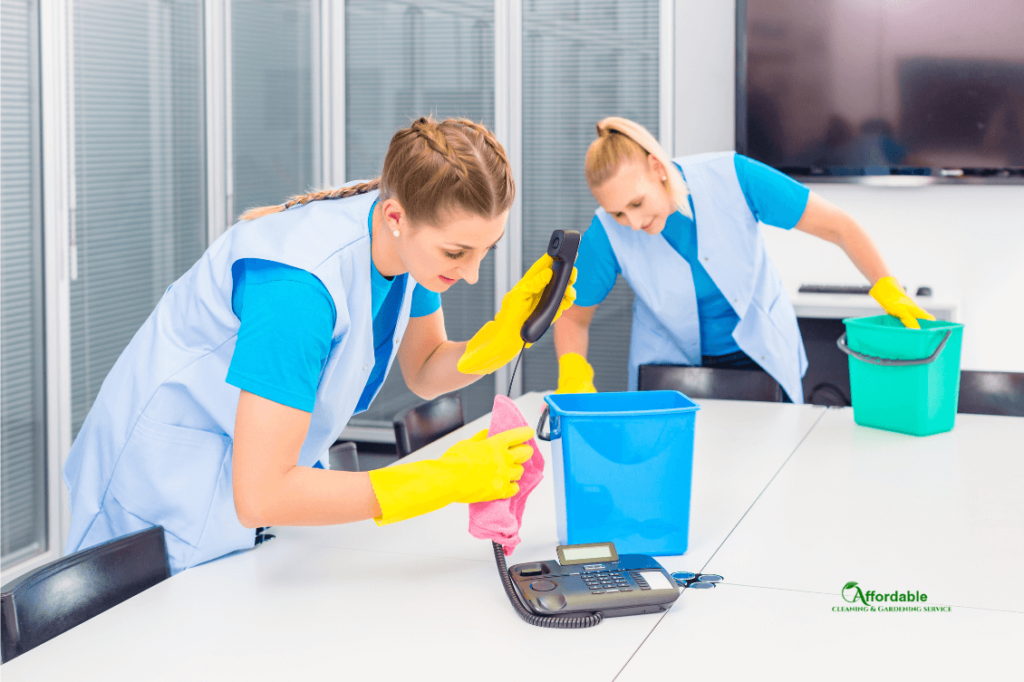
Why should you focus on End of Lease Cleaning?
End of lease cleaning is a legal obligation that you hold as a tenant. Failing to adhere to that obligation will make you end up with disputes at the small claims court. This is why you should be familiar with the landlord-tenant laws. It can help you to ensure smooth dispute resolution at all times. With that in mind, let’s learn more about the legal aspects linked with end of lease cleaning.
Carefully go through the lease agreement
It is true that your lease agreement is a large document with multiple pages. However, you should take time to clean it. It contains some valuable information about the end-of-lease cleaning obligations you have.
The lease agreement would usually outline all the cleaning tasks that you should fulfill before moving out. If you can fulfil them all, you will be able to avoid excessive cleaning fees. When you have any doubts, you should clarify them then and there as well. Then you will not encounter any challenges when meeting your obligations. But if you are not in a position to clean on your own, you should hire professional cleaning services. No matter what, you should read and fully understand the lease agreement before signing it. You should stick to the clauses of it at all times as well.

Understand the Property Condition Report
When moving into the property, you will get a property condition report to fill out. You should be extra careful at the time of filling it. That’s because you are noting down all the damage and dirt you find around the property at the time of moving in. If you don’t want to pay for damages caused by anyone else, you should be accurate when filling this out.
Make sure that you indicate every single sign of wear and tear you notice in the property condition report. It may take some time for you to fill out this report. However, spending time is totally worth it than facing trouble in the long run. Your landlord will use this document as a guide when issuing back your security deposit.
Be mindful of what wear and tear is acceptable
Landlords don’t expect you to pay for every little wear and tear that happens to your rented property. As per the tenancy laws that exist in NSW, you don’t need to pay any amount for fair wear and tear. Here are a few such examples:
- Faded curtains
- Small scuff marks on your walls
- Grout caulking
- Faded walls
- Cracked window panes
This is where you should be familiar with what is considered as damaged and fair wear and tear. If you feel that there is significant damage such as a broken cabinet door, it is better to fix it on your own. Such damage falls under your responsibilities, and you can overcome legal disputes by fixing them.
Always strive to meet the defined cleaning standards
While moving out, you should try to achieve the highest level of cleaning standards at all times. Imagine how the rental property looked at the time of moving in. You should aim to leave it behind in the same condition.
This is where you should look at all areas of your property. This includes the hard to reach areas, hidden spots, and every single room. Moreover, you should pay attention to external surfaces such as the patio as well. Getting a professional cleaning service can help you with ensuring cleanliness. A local cleaning service is aware of the laws linked with end of tenancy cleaning as well. The amount they charge is totally worth it when compared to the cost of hiring an attorney.
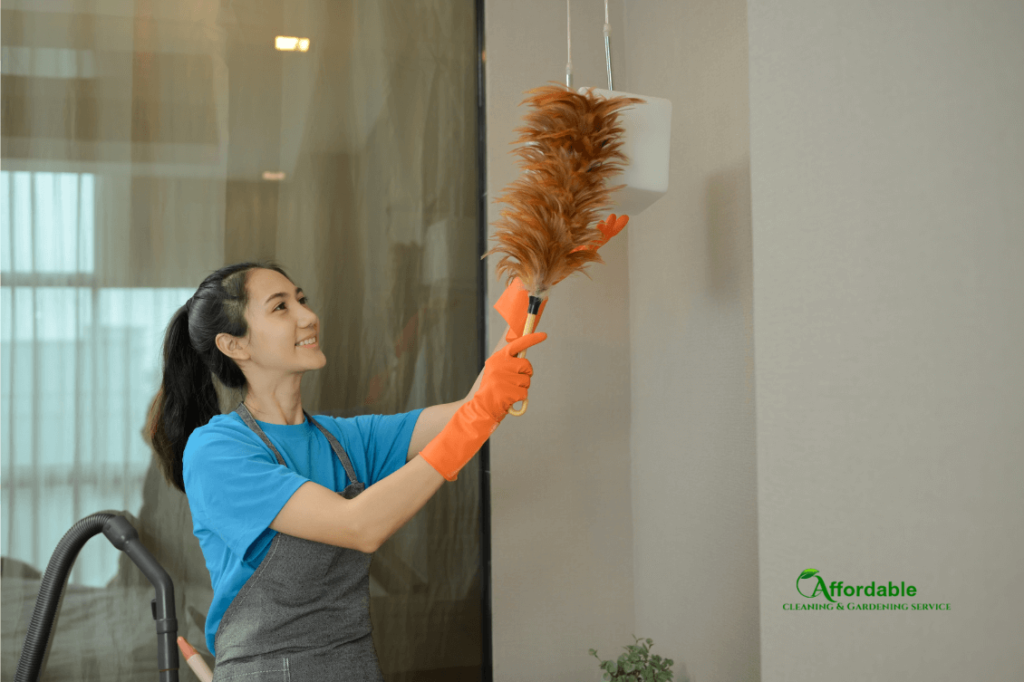
How can you resolve property cleaning disputes?
Most tenants face disputes at the time of vacating the property. The landlord will come up with a reason to charge you and deduct from the security deposit. Facing such a situation without clear knowledge can be challenging.
Usually, the landlords will take time to inspect every single corner of the property. They include the hidden areas of the property as well. However, it doesn’t mean that you should 100% agree with the landlord at all times. You can showcase your disagreement to the landlord if you feel that you did a good job with cleaning.
To show your disagreement, you need to write to the South Australian Civil and Administrative Tribunal (SACAT). It is important to do this within a period of 14 days of getting your inspection report from the landlord. By doing this, you can keep the landlord away from deducting money.
Make sure that you provide all evidence and documents to the SACAT. They will carefully evaluate the documents and evidence you provide. Moreover, SACAT will ask for the same from the landlord as well. Upon careful evaluation of all information, you can expect them to make a fair decision. If you do a good job, you will then be able to get back your full bond amount.
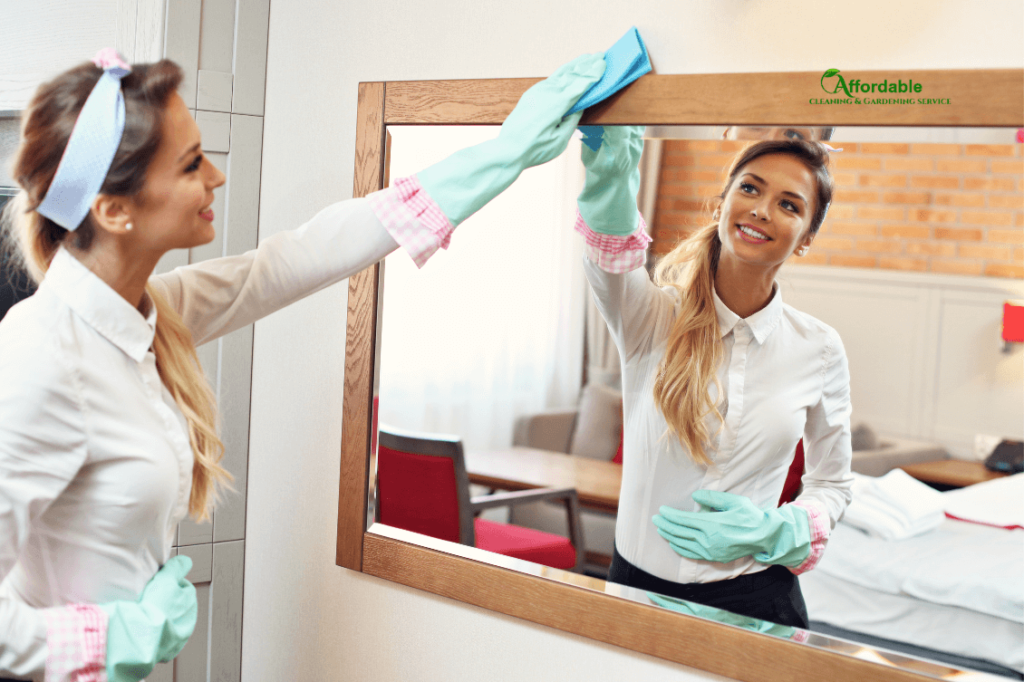
Final words
Do you want to deal with any legal disputes when moving out? If not, you need to do a perfect job with end-of-tenancy cleaning. This is where professional cleaning services can help. They have a clear idea of what needs to be cleaned. By following a checklist, you can expect them to offer perfect results.
If you are searching for such an expert cleaning service in NSW, contact us at Affordable Cleaning and Gardening Services today. We are aware of what landlords will check when inspecting the property. We are also aware of the local laws in NSW. Hence, we make sure that you will never end up with any legal issues by getting our services.


